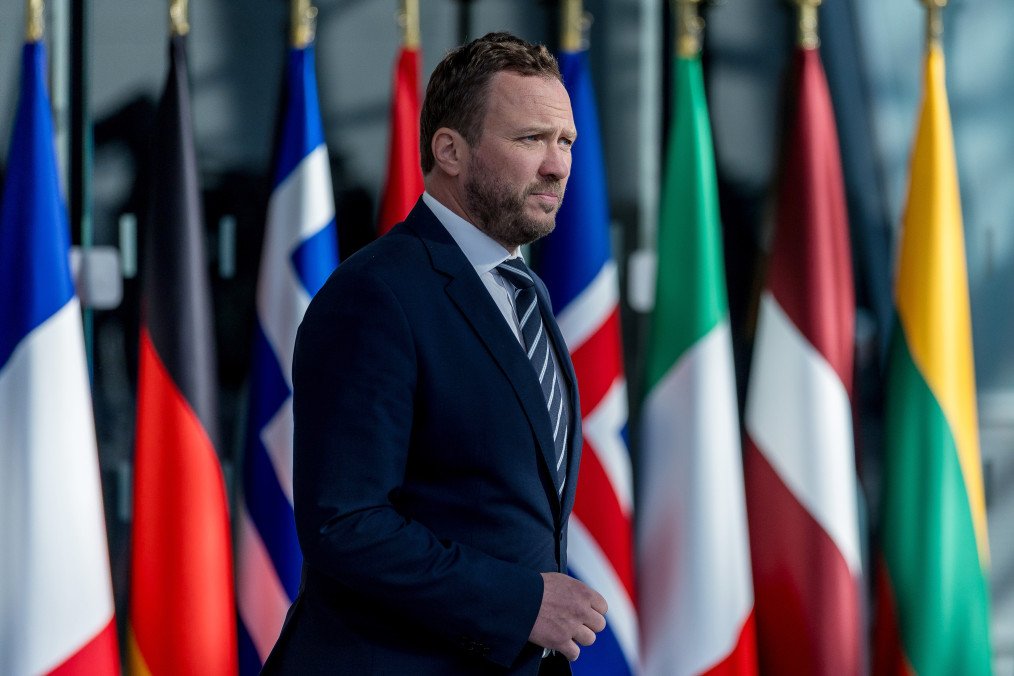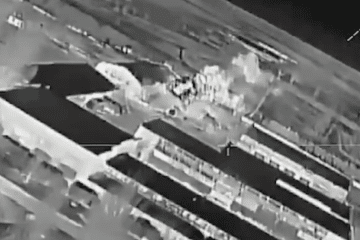- Category
- Latest news
EU Risks Billions in Extra Ukraine Aid If Orbán Blocks Russian Asset Freeze, Estonia Warns

Estonia’s Foreign Minister Margus Tsahkna has warned that Hungarian Prime Minister Viktor Orbán will hand European taxpayers an even higher bill for supporting Ukraine if he succeeds in pushing the EU to lift restrictions on €210 billion in frozen Russian assets, the Financial Times reported on April 20.
According to the agency, Tsahkna said that if Orbán follows through on his threat to block the renewal of EU sanctions, it would force G7 and EU governments to cover multibillion-euro loans to Ukraine that were secured using profits from frozen Russian assets.
Last year, the EU and G7 agreed to use proceeds from roughly €260 billion in frozen Russian assets to back a €50 billion loan to Ukraine. The FT notes that if those assets are unfrozen, the EU and US would each be liable for €20 billion, with the remaining costs falling to other G7 countries.
“If they are going to block it, then the sanctions will be down. And the central bank assets will be delivered to Russia, to [Vladimir] Putin, as an award,” Tsahkna said. “We cannot let it happen.”
-4311f66b021df23a1eff29eba5d0d105.png)
Tsahkna emphasized that negotiations with Hungary must continue, noting that Orbán remains reliant on EU funding.
“I know they have many problems with their economy,” Tsahkna told the FT.
He also addressed concerns over Russia’s attempts to circumvent asset freezes. Tsahkna dismissed these efforts as implausible: “Of course Russia would like to use their frozen assets to bargain and make deals. But the fact is that they don’t have these assets, they are frozen in Europe.”
He added that the fate of the EU sanctions and the frozen Russian assets ultimately hinges on peace negotiations led by the United States. “Even President Trump has said in theory that he gives the time up to the end of April and then he will act,” Tsahkna said.
On April 18, the Ministry of Finance of Ukraine reported that Japan has converted a $3 billion loan to Ukraine. The loan will be serviced and repaid using future revenues generated from immobilized Russian sovereign assets.

-f88628fa403b11af0b72ec7b062ce954.jpeg)



-c439b7bd9030ecf9d5a4287dc361ba31.jpg)

